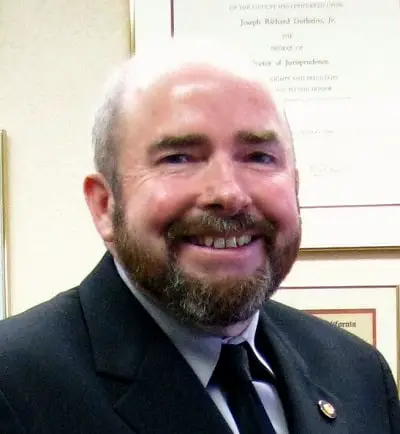Day in the life of
Lawyer – Yoel Farkas

When I walked into my office in the morning there would be emails (some with letters and/or legal documents attached) and voicemails waiting for me from clients and opposing lawyers (lawyers representing clients whom my clients sued or were sued by). The correspondence from opposing counsel was often confrontational in nature or could be more conciliatory if seeking settlement. I would prioritize by importance and respond accordingly.
As well, I always had legal documents I had to prepare whether a Statement of Claim, Defence or other procedural forms and documents that required preparation. So, after dealing with the correspondence I would be working on preparing the documents.
So, essentially, my day consisted of calls, emails, and preparing legal documents. Often preparing the documents would be interrupted as I received return calls to voicemails I left or emails. Many lawyers, for this reason, like to prepare their legal documents early morning or evening to have uninterrupted time, but I preferred to make boundaries between my work and life (work/life balance) especially with a family. Still, it was hard to not carry the day’s challenges in my head into the evening after work and morning when I woke up. One of the reasons I did not enjoy being a litigation lawyer.
With respect to the nature of the calls and correspondence, often it required legal research before responding. For instance, a lawyer may rely on an interpretation of a certain law to establish his/her client’s position. Before responding, I would research the law so that I can provide my interpretation and respond accordingly.
Similarly, a client may ask me a legal question in a call or email, and before responding, I would need to research the issue in order to provide a valuable response.
Legal research was also required for the preparation of legal documents of course. I used a free program in Ontario CanLII, but there are paid ones such as WestLaw and Quicklaw that most lawyers use.
In terms of communicating with clients, I spent a lot of time managing expectations, which takes diplomatic and persuasion skills. For instance, a client may have felt he was entitled to $100,000 he was owed, and I would have to explain that it would be worth settling for $50,000 because of the risk of going to trial and it’s unpredictability as well as the cost of taking a dispute all the way to court without getting reimbursed for all the legal fees. It was not always easy, particularly with more stubborn clients. Of course, similar discussions were held with opposing counsel to explain to them why it was worth their client settling versus fighting a dispute all the way to trial. They are often even more stubborn!
Aside from day to day in office, I was frequently attending court whether for settlement conferences, trials or other interim legal proceedings. You get to know some of the judges whom you appear before frequently, their style and how to best be persuasive for your client in front of them. Once again, this involved a lot of confrontation with opposing counsel, but in most cases, they were professional, and once court was done you could be civil with each other, even friendly.
One of the challenges for me in not being confrontational by nature was cross examining witnesses at trial. This involved asking very pointed questions to elicit the desired response. I did not enjoy this at all frankly for many reasons too long to list here.
Finally, there are also the various administrative matters to tend to, for example, billing of clients (I worked on a flat fee basis because I didn’t enjoy being on the meter and felt it gave clients more predictability in legal fees) but obviously many, if not most, lawyers bill hourly and must track their time. In order to ensure not to fall behind in billings, a lawyer always has to ensure he/she has retainers up front held in a trust account for which he/she can bill accordingly and ensure to be paid. Lawyers who do not have sufficient retainers or lose track of time spent and the amounts in trust can go unpaid for work performed so this is very important.
As well, lawyers must have very organized systems in place to ensure to stay on top of client deadlines and required actions. There are various softwares for that, though I was a bit old fashioned and simply diarized matters in my calendar.
Lawyers
represent clients in criminal and civil litigation and other legal proceedings, draw up legal documents, or manage or advise clients on legal transactions. May specialize in a single area or may practice broadly in many areas of law.


.jpg)